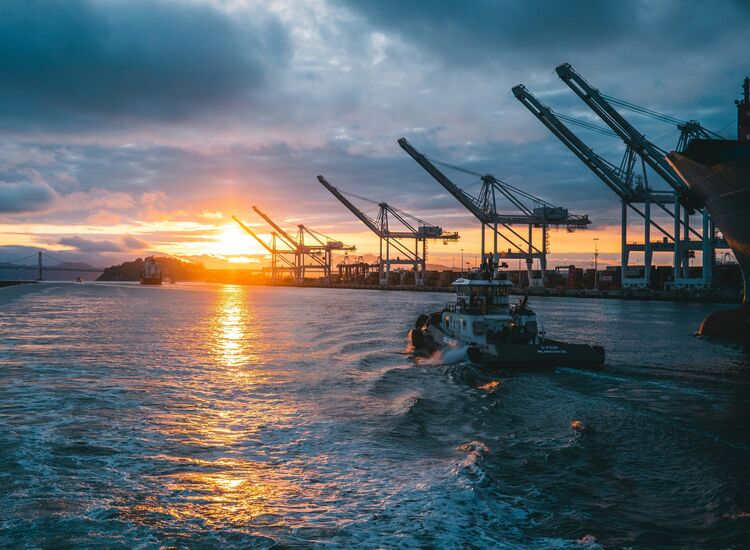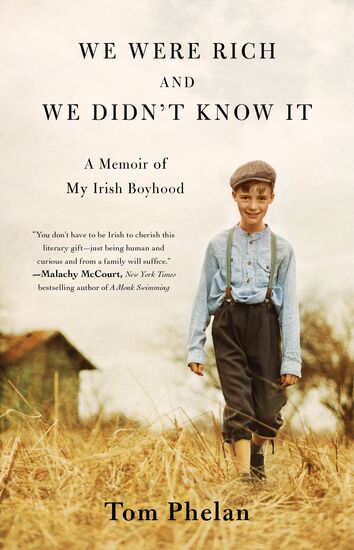There was a time when the object of the exercise was to make as much of the global map as possible be England.
Those who take an interest in history can easily picture those old globes from around the end of the nineteenth century, and the beginning of the twentieth, when great swathes of earthly land were painted red.
And for good measure, as the world was oft reminded, Britannia ruled the waves to boot.
It wasn’t to last of course. Empires never do. But the British Empire sure had a decent enough run and, at its peak, was the largest that humanity had ever seen.
More and more of humanity, as the twentieth century wore on, reckoned it had seen enough and the empire began to steadily shrink.
It was replaced by the Commonwealth of Nations, not the worst of ideas ever to take hold but one that might have been a better fit in the first place.
Some Commonwealth members would be more enthusiastic than others. The newly independent Ireland, that part of it that had won its independence, took a pass.
Eventually, as the twentieth century entered its final decade, the old empire had diminished to a handful of islands dotted around the earth’s oceans. Interestingly, though, there were enough of those islands, and they were sufficiently spread out, to ensure that the sun didn’t set on the remains of empire.
That situation prevailed until Hong Kong passed out of British control in 1997. Said sun finally set.
Meantime, of course, England, the heart and engine of empire, was embarked on a new project, that being a member, along with Scotland, Wales and Northern Ireland, of the European Union.
Making all of Europe England was never an option. Europe was a patchwork quilt of nations depicted on globes in different colors. Some of those nations had been rivals in the past of the British version of empire.
Europe, then, was a more complex equation, a partnership of big and small and in-between that were endowed with equal rights and roles in making the grand and expanding European project work.
Empire had been a simpler idea. One country rules and all the rest work. Partnership with equals was more complicated, messy and, ultimately, undesirable.
Part of the driving force behind Brexit is a powerful nostalgia harking back to the days when Britain, and more specifically England, ruled, and hundreds of millions around the world worked.
That nostalgia is evident in the constant talk from London of a new global trading network with the United Kingdom at its center.
Thing is, not all of the United Kingdom, specifically Scotland and Northern Ireland, wanted in on this grand new vision in the first place. Europe, despite its messiness, and the not infrquent nanny state inclinations of Brussels, was not a bad way of getting along in a world where new players, China to the fore, were acting more and more like the imperial bullies of old.
There was a safe harbor in numbers. Messy Europe was, well, not to be easily messed with.
But messy Europe did not sit well with those who went to sleep at night dreaming of red globes.
New visions were springing to mind: a new, muscular, mercantile United Kingdom, London a Singapore on the Thames.
There was a whiff of irony in the last idea of course. Singapore, the post-empire version, is small in geographic area, but punches well above its literal size when it comes to business and economics; just like the Great Britain of imperial days.
Oh hold that blissful thought!
And so, Brexit. It was easy enough to whip up a pro-Brexit vote with a few wild statements and outright lies. “Foreigners” were a dependable punching bag, many of them of course from lands once red on the map, or descendants of immigrant arrival from them. And of course there were foreigners from Europe, and foreigners from Africa and Asia and here, there and everywhere.
Foreigners, foreigners, foreigners.
On January 31st at the stroke of midnight all these bad dreams will be banished. Well, maybe not quite.
Much of the thinking in recent days has been focused on whether or not to sound a chime from Big Ben, or at least a stand-in, as the famed clock is going through repairs.
That might be a metaphor for the whole Brexit business come to think of it: an effort to wind things back in the face of ill-changing times.
Really, you could get all wound up about this but better to focus on post-Brexit greatness and incredible trading deals with all those, well, foreign countries.
Never mind that they think you have lately gone off your rocker.








